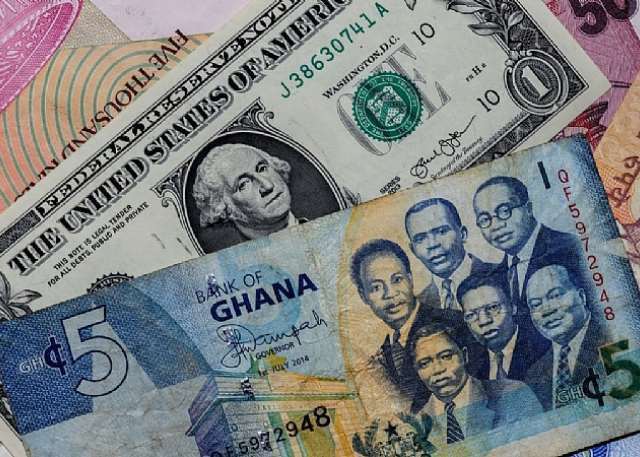The hypothetical scenario of the Ghanaian cedi achieving parity with the US dollar presents a complex and multifaceted challenge for Ghana’s economy, particularly its export sector. While a stronger cedi offers certain advantages, such as reducing the cost of imports and potentially curbing inflation, it simultaneously poses a significant risk to the competitiveness of Ghanaian exports in the global marketplace. This potential scenario requires careful consideration and strategic policy interventions to mitigate the negative impacts and capitalize on the potential benefits.
A stronger cedi directly translates into higher prices for Ghanaian goods denominated in foreign currencies. This price increase can erode the competitiveness of key exports like cocoa, gold, and manufactured products, potentially leading to a decline in export volumes and revenues. Simultaneously, the influx of cheaper imports, facilitated by the stronger cedi, could overwhelm domestic producers, struggling to compete with foreign counterparts offering lower prices. This pressure on domestic industries could result in job losses, factory closures, and a slowdown in industrial growth. The agricultural sector, a significant contributor to Ghana’s economy, could also be adversely affected, with local farmers facing stiff competition from imported agricultural products. This combination of declining exports and increasing imports could negatively impact Ghana’s balance of trade, potentially leading to a widening trade deficit.
However, the prospect of cedi parity with the US dollar doesn’t necessarily spell doom for Ghana’s export sector. This challenge can be transformed into an opportunity with proactive and well-designed policy interventions. A key strategy lies in enhancing the value of Ghanaian exports through processing and value addition. Moving beyond exporting raw materials and focusing on producing higher-value finished or semi-finished goods can mitigate the impact of a stronger currency. Diversifying the export basket by exploring new markets and product categories can further reduce reliance on traditional exports and minimize the risks associated with currency fluctuations.
Protecting domestic industries is crucial in navigating the challenges posed by a stronger cedi. Implementing tariffs on specific imports can create a level playing field for local producers, allowing them to compete more effectively with foreign goods. Strategic subsidies can provide vital support to domestic industries, helping them to upgrade technology, improve efficiency, and reduce production costs. Government initiatives promoting the consumption of locally produced goods, often encapsulated in “Buy Ghana” campaigns, can also foster domestic demand and support local businesses.
The potential benefits of a stronger cedi, such as lower import costs and reduced inflationary pressure, should be strategically leveraged to strengthen the overall economy. Reduced import expenditure can free up resources that can be directed towards building foreign currency reserves, providing a buffer against external shocks. These savings can also be utilized to pay down external debt, reducing the country’s debt burden and improving its fiscal position. Furthermore, the government can invest in critical infrastructure projects, such as transportation, energy, and communication networks, which can boost productivity, enhance competitiveness, and attract foreign investment.
Promoting import substitution, a strategy focused on developing local capacity to produce goods that are currently imported, is another important policy direction. This approach reduces reliance on imports, strengthens domestic industries, and creates employment opportunities. Managing exchange rate changes gradually, rather than allowing abrupt fluctuations, can provide businesses with the necessary time to adjust to the changing economic environment and minimize disruptive impacts. This can be achieved through appropriate monetary policy interventions and exchange rate management mechanisms.
Finally, a long-term perspective is essential to ensure sustained economic growth and competitiveness. Investing in education and skills development equips the workforce with the knowledge and capabilities necessary to thrive in a dynamic global economy. Promoting innovation and technological advancements across various sectors can boost productivity, improve efficiency, and create new export opportunities. Creating a conducive business environment, characterized by streamlined regulations, efficient bureaucracy, and transparent governance, is crucial for attracting both domestic and foreign investment, driving economic growth, and enhancing competitiveness in the long run. In conclusion, while the prospect of cedi-dollar parity presents significant challenges, particularly for Ghana’s export sector, it also offers potential opportunities. By adopting a comprehensive and strategic approach, combining smart policy interventions with long-term investments in human capital, innovation, and a conducive business environment, Ghana can navigate the complexities of a stronger currency, safeguard its export sector, and pave the way for sustained economic growth and prosperity.


